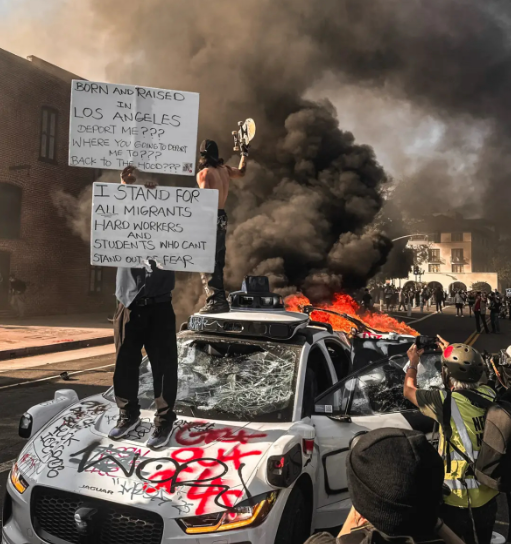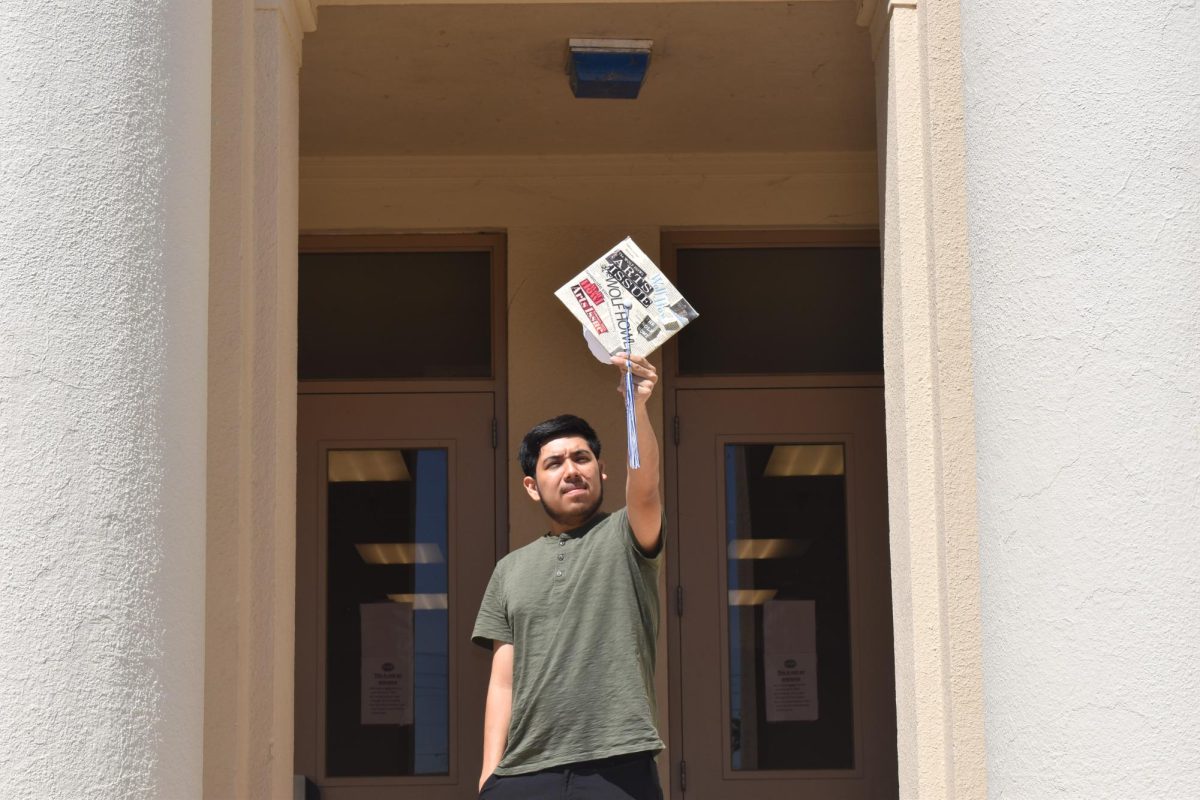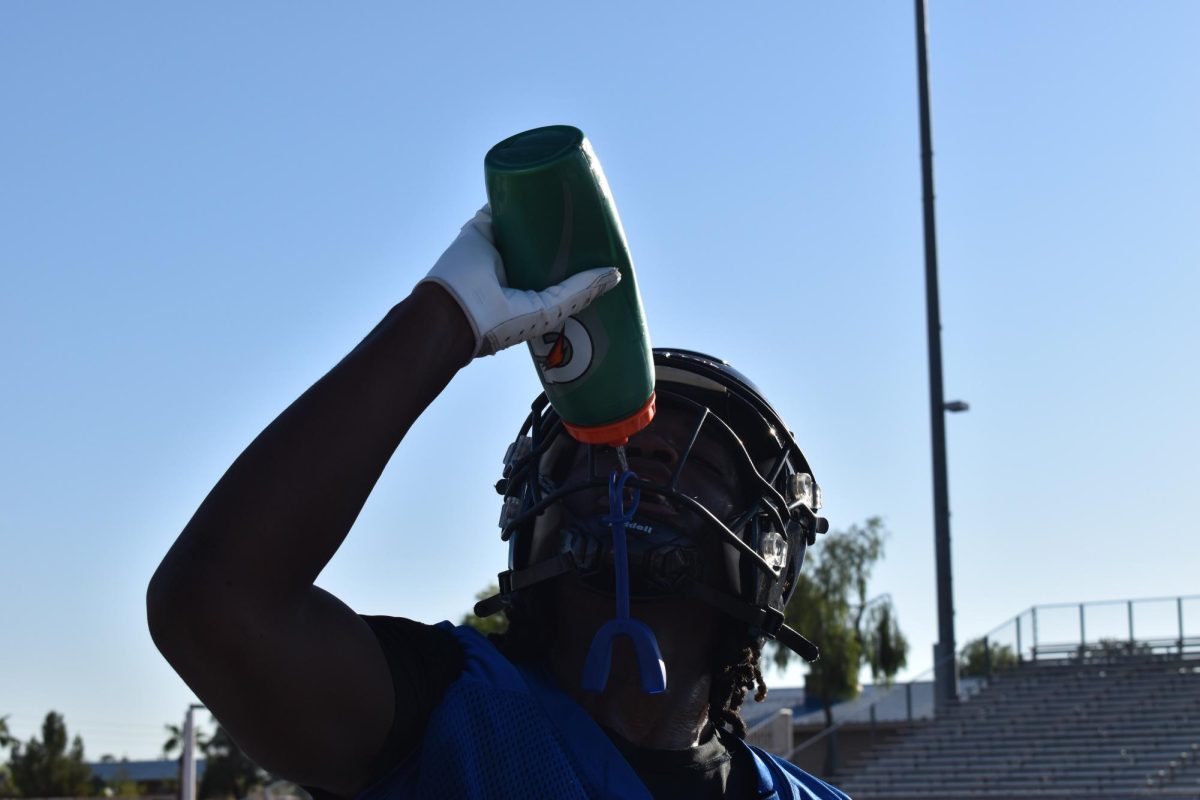Amid the pandemonium wrought on our society by the COVID-19 pandemic, the need for blood transfusions has skyrocketed. Unfortunately, as schools, offices, and all major congregations shut down, an unexpected subject was victimized. Blood drives, which are most often performed at the aforementioned locations, were crippled by the closure of these necessary venues. Donor turnout decreased by more than 33%, and this may result in the deaths of those who need lifesaving blood transfusions. Staffing limitations have led to workers not being able to man these blood drives, further driving down the availability of this vital liquid. Political tensions have surprisingly been brought up amidst the conflict, as some take issue with the Red Cross’s LGBTQ policy regarding gay men.
As it currently stands, men who have engaged in sexual activity with another of the same gender may not donate blood until they have deferred from the act for no less than three months. This is down from a 12-month period last year, which was lowered due to the rising demand and lack of supply of blood. While it seems like Red Cross themselves has implemented this policy, they’re just the messengers for the FDA, who created that policy years ago.
Other eligibility issues are surrounding the Mad Cow Disease crisis, where any persons living in the majorly affected areas were permanently barred from donating blood. It remains to be seen whether this policy will remain in place given the crisis that America is in, this may be phased out to promote further donations. As blood only has a shelf life of 42 days, and with a restriction to donating once every 56 days for donors, blood must be constantly collected to ensure that there is always more blood to replace the older samples. Unlike normal pharmaceuticals, it simply isn’t possible to stockpile blood, making it that much more difficult for the Red Cross during this dry spell. With over 40% of all available blood coming from the Red Cross, something must change to stabilize the supply and fast.
Due to the overwhelming amount of COVID patients occupying space in hospitals, it becomes an even larger problem in the larger scope of healthcare as a whole. Fear plays a large role in how the donation process has gone, as paranoia regarding exposure to COVID discourages those who may want to donate blood. The facilities in which blood is donated are clinically sterilized, making blood donation safer in terms of infection than doing just about anything in public. The COVID-19 pandemic has led to interesting incentives being implemented, as it takes unconventional means to fix the only time there has been a national blood shortage in the history of the organization. Those who donated were offered prizes ranging from gift cards to Super Bowl LVI tickets.
The future for America’s blood supply and those depending on it is uncertain, but with enough participation from kind-hearted and willing volunteers around the world, a difference can be achieved.
























